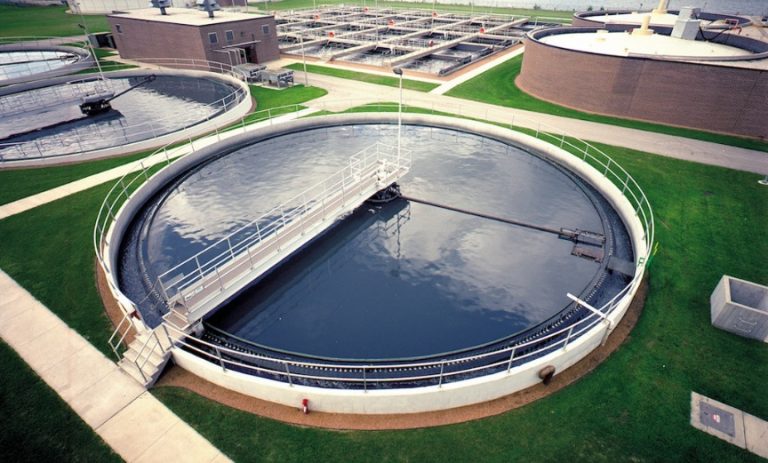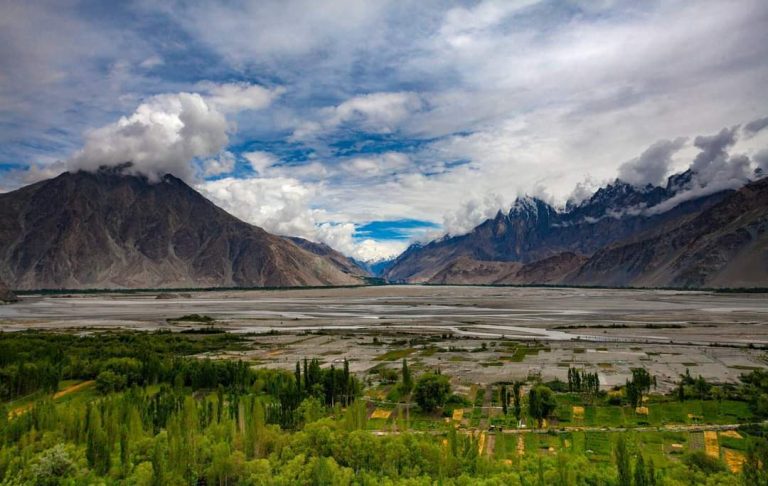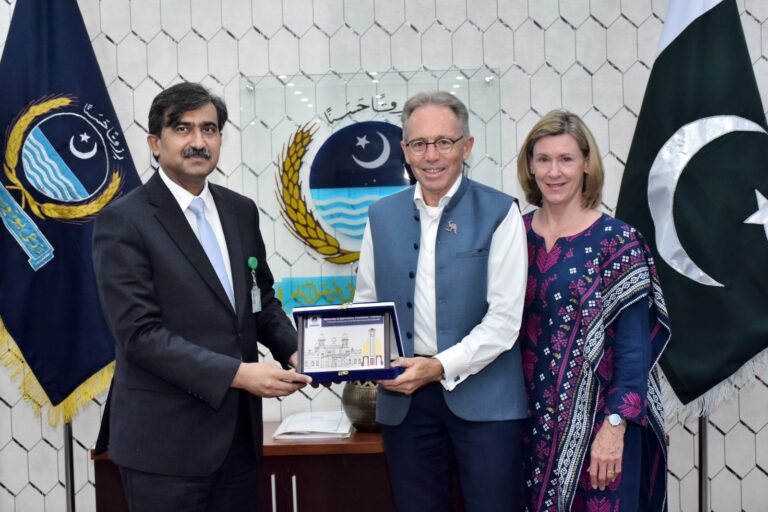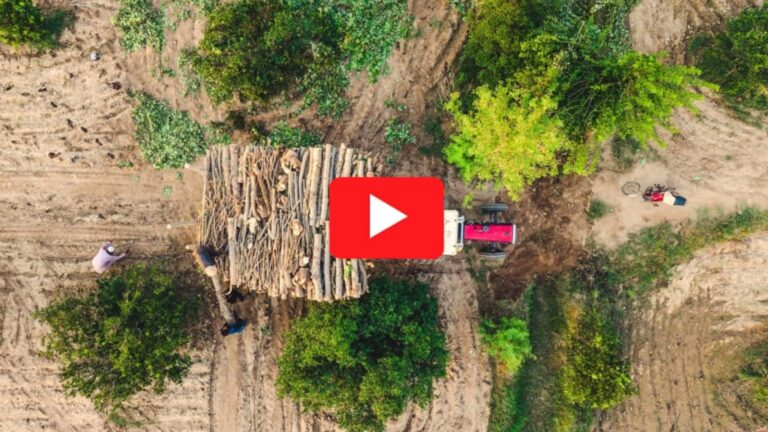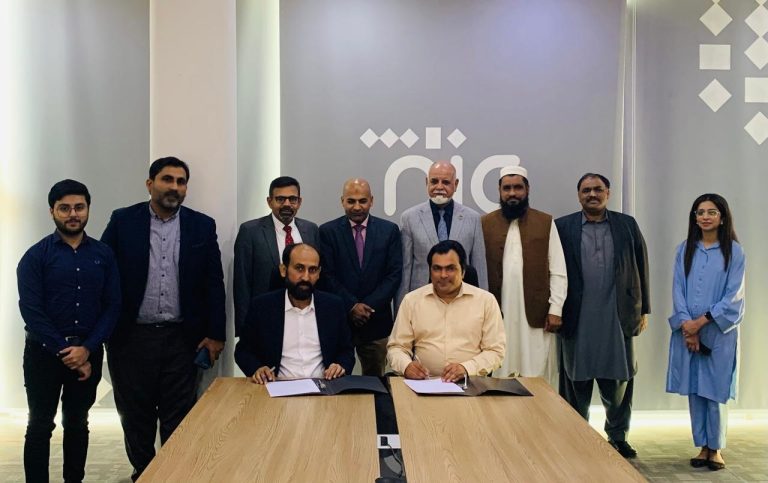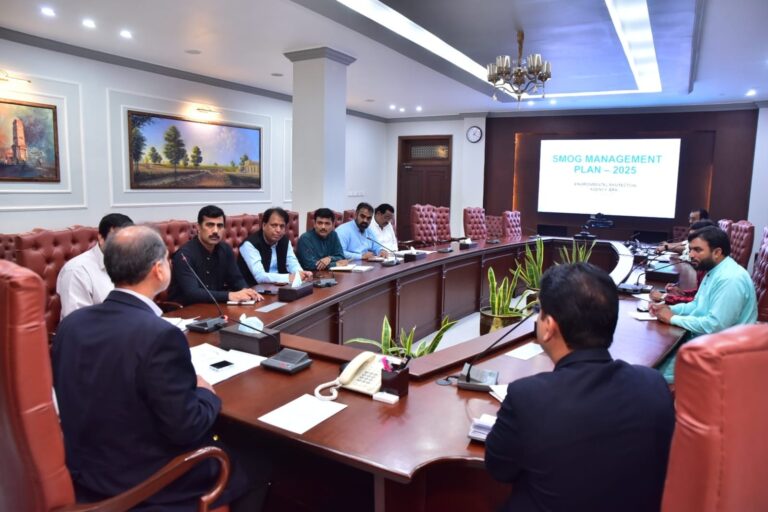Importance of Wetlands for Faisalabad: A Natural Solution to Water Scarcity and Contamination

Wetlands are among the most valuable ecosystems on the planet, playing a crucial role in maintaining environmental balance and providing various services to human society. Defined as land areas that hold surface water and support aquatic life, wetlands can take the form of lakes, ponds, marshes, and swamps. These areas are often underappreciated but are vital for the sustainability of urban environments, particularly in cities like Faisalabad, where residents face significant challenges related to groundwater contamination and drinking water scarcity.
Understanding Wetlands: Nature’s Buffer Zones
Wetlands are unique ecosystems that hold water either permanently or seasonally, acting as a buffer between land and water. They are home to a variety of plant and animal species that thrive in aquatic or semi-aquatic conditions. Wetlands act as a natural sponge, absorbing water during rainy seasons and releasing it during dry periods. This capacity to store water makes them critical in flood control and ensuring year-round water availability for both humans and wildlife. In addition to their water retention capacity, wetlands serve as natural filtration systems. They trap sediments, pollutants, and excess nutrients that may otherwise flow into rivers and lakes. The plants and microorganisms in wetlands break down contaminants, improving water quality in the process. This natural purification process reduces the need for costly water treatment infrastructure in cities and helps maintain the health of local water bodies.
Wetlands and Their Importance for Faisalabad
Faisalabad, Pakistan’s third-largest city, faces significant environmental challenges, especially concerning water resources. Over the years, rapid industrialization and urbanization have put immense pressure on the city’s natural water reserves. Groundwater contamination and the scarcity of safe drinking water have become pressing issues for residents. According to various reports, many areas in Faisalabad suffer from polluted groundwater due to industrial effluents, untreated sewage, and chemical runoff from agricultural activities. In this context, wetlands could be a game-changer. The city lacks adequate green spaces that can act as natural water regulators, which leads to an increased reliance on artificial solutions like water treatment plants. However, the expansion and conservation of wetlands in and around Faisalabad can offer a sustainable, cost-effective solution to the city’s water problems.
Water Storage and Availability
One of the most significant benefits of wetlands in urban spaces is their ability to store surface water during the monsoon season and release it gradually throughout the year. This characteristic is particularly important for cities like Faisalabad, where groundwater levels are depleting rapidly. Wetlands can help replenish aquifers and recharge groundwater supplies, ensuring a more reliable source of water for residents during dry periods. As groundwater serves as the primary drinking water source for a large portion of Faisalabad’s population, wetlands could provide much-needed relief from the city’s water scarcity problems.
Natural Water Filtration
As mentioned earlier, wetlands act as natural filters that trap sediments and pollutants. In Faisalabad, where industrial and agricultural runoff is a significant problem, wetlands could play a pivotal role in improving water quality. By filtering out harmful substances, wetlands can reduce the contamination of local water bodies and groundwater. Cleaner water not only benefits the city’s ecosystem but also reduces the burden on municipal water treatment facilities, ultimately lowering costs for the city.
Carbon Sequestration and Climate Regulation
Wetlands have the highest carbon density among land ecosystems, meaning they store significant amounts of carbon in their sediments and water. This makes them important in the fight against climate change. In cities like Faisalabad, which are increasingly vulnerable to the impacts of climate change, wetlands can help by sequestering carbon and reducing greenhouse gas emissions. Additionally, the cooling effect of wetlands can moderate local temperatures, providing a more comfortable living environment in urban areas.
Biodiversity and Recreation
Wetlands are natural habitats for a wide variety of flora and fauna, including several endangered species. They provide breeding grounds for fish and migratory birds, supporting biodiversity in urban settings. In Faisalabad, where green spaces are scarce, wetlands could also serve as recreational areas for the public. Creating wetland parks would offer residents a place to connect with nature, engage in outdoor activities, and promote environmental awareness.
Flood Control
Faisalabad experiences seasonal flash flooding, especially during the monsoons. Wetlands can absorb excess rainwater, thereby reducing the risk of floods and protecting nearby communities. By acting as a buffer, wetlands prevent urban flooding, which can otherwise lead to widespread damage to infrastructure, homes, and businesses. In addition, wetlands help to slow down the flow of water, giving it time to percolate into the ground, reducing the strain on stormwater management systems.
Wetlands are vital to the health and sustainability of urban areas, and their importance cannot be overstated for a city like Faisalabad. The challenges of water scarcity, groundwater contamination, and seasonal flooding can all be mitigated through the conservation and expansion of wetlands. These ecosystems not only provide essential services such as water storage and purification but also offer opportunities for recreation, biodiversity conservation, and climate regulation. As Faisalabad continues to grow and industrialize, the need for sustainable water management solutions will only increase. Investing in wetland conservation could be a long-term solution to the city’s water woes, ensuring a healthier environment for future generations.

